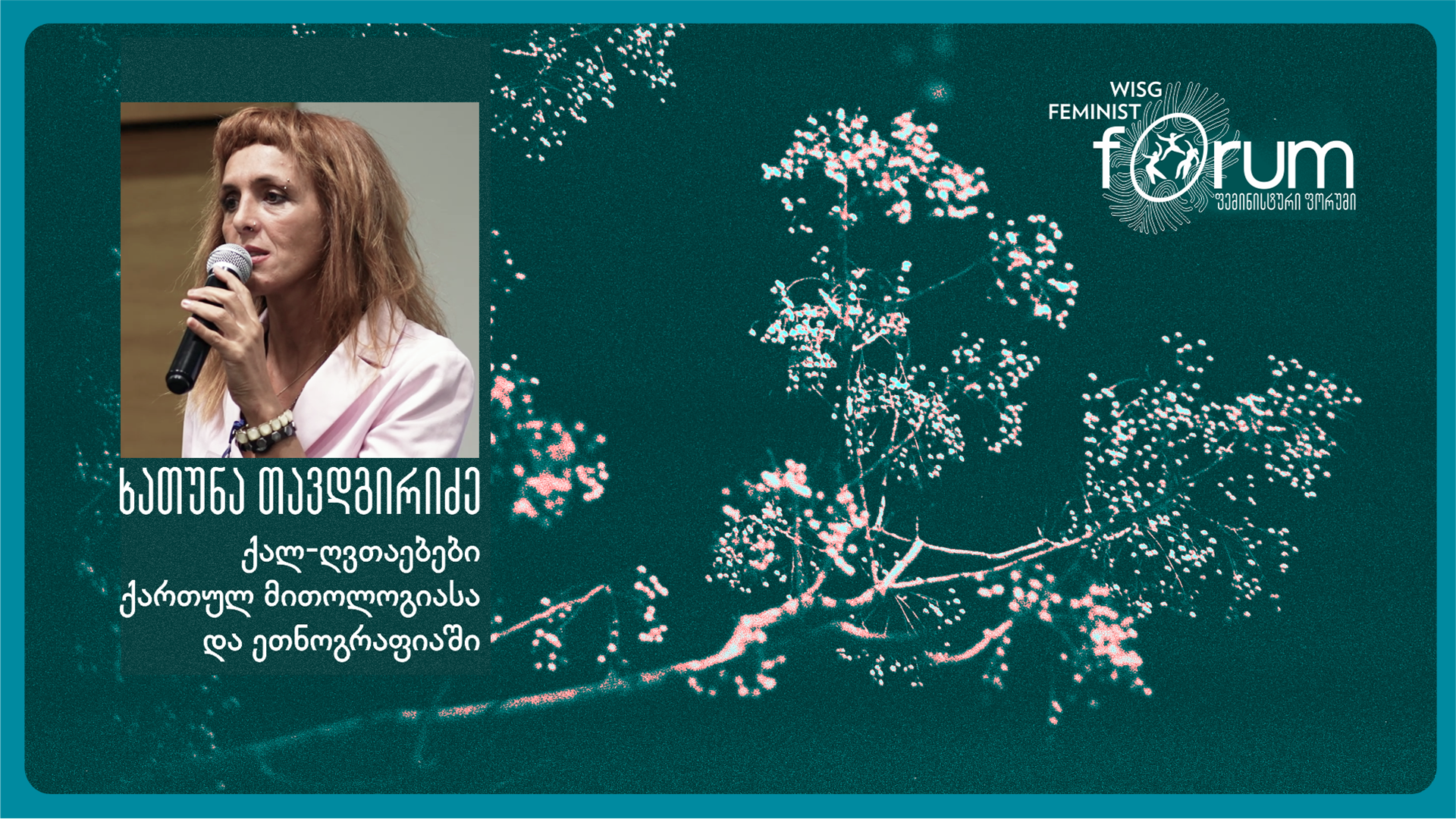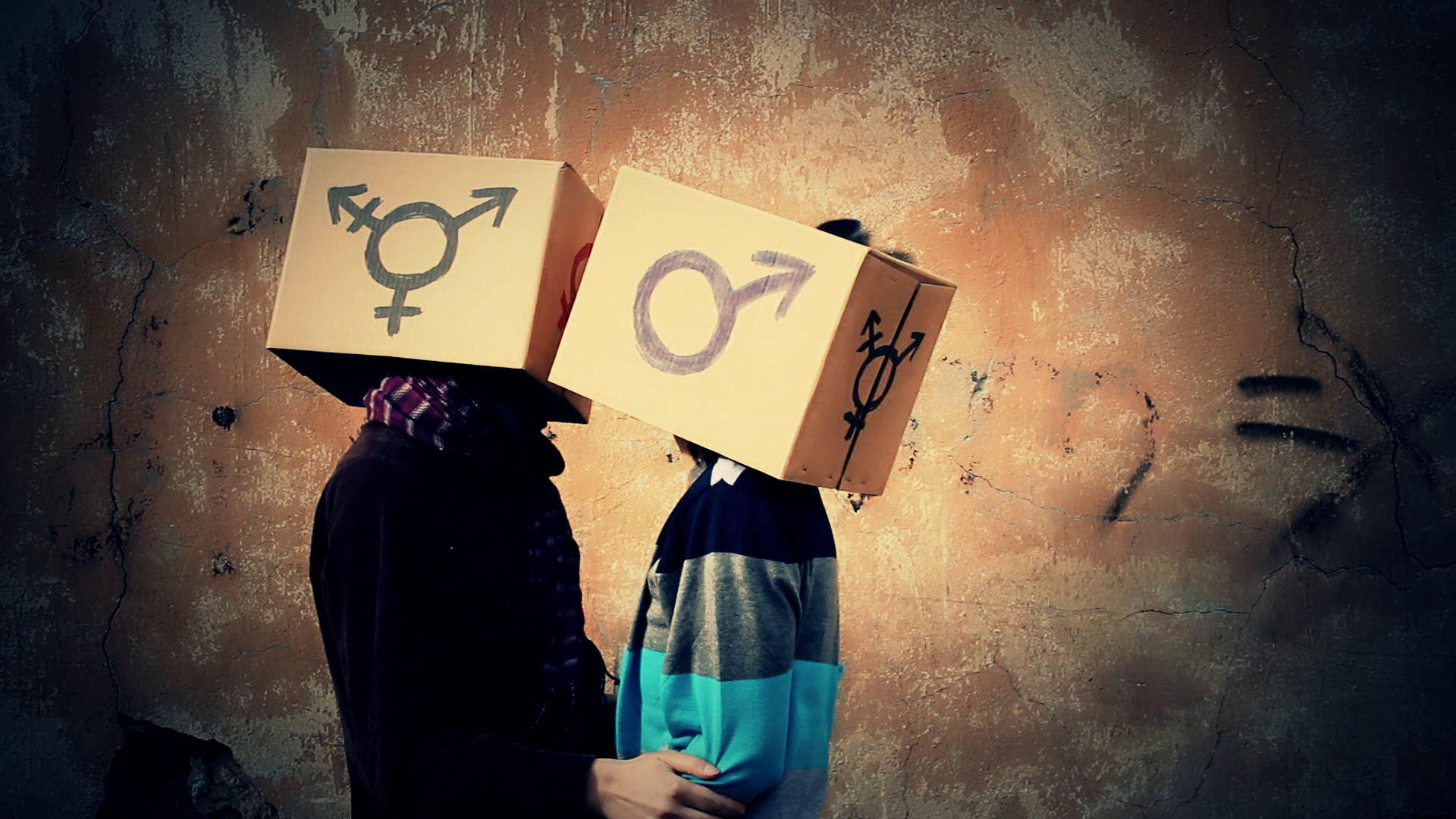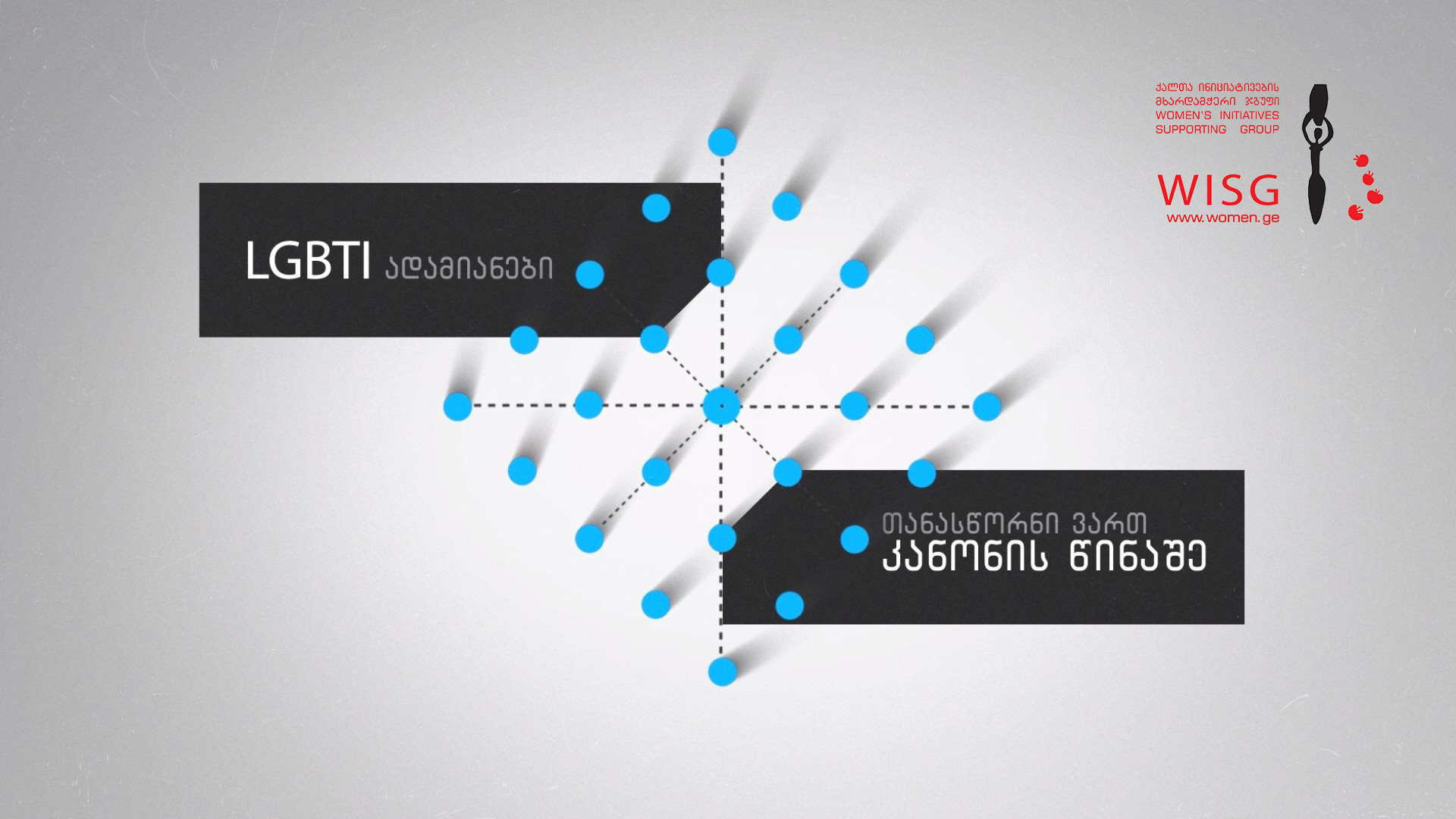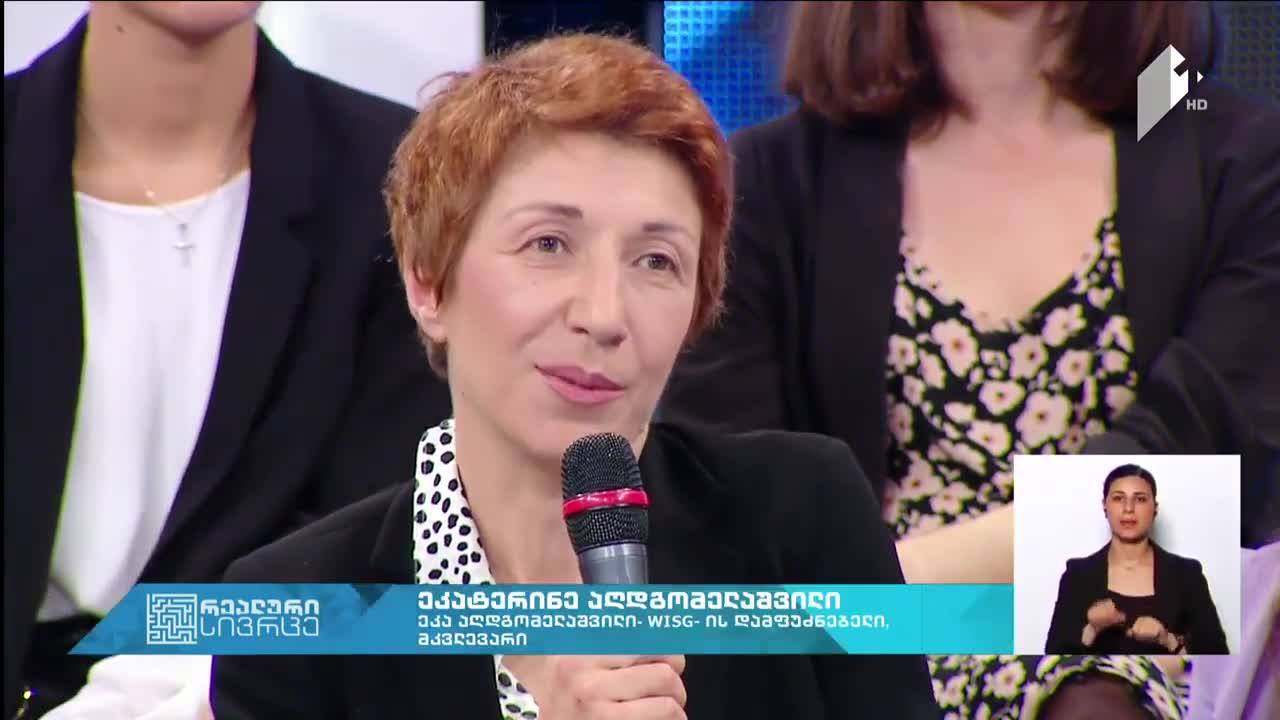The common Georgian culture, which naturally builds on proto Georgian, ancient anthropological, mythological and religious understandings, is matriarchal in its core. Cult of the Great Mother is a qualitatively proto-Georgian phenomenon, which manifests itself at different levels, especially in mythic-religious systems, and it represents a Georgian parallel version of Terra Mater or Tellus Mater, well familiar for the religions of the entire Mediterranean region, as the Great Mother, which gives birth to all living creatures. Since period of patriarchy, cult of the Great Mother and the entire system connected to it (pantheon, social-religious hierarchy, etc.) has weakened but, of course, has not disappeared completely. In mythological systems in different parts of Georgia, a long-running process of substituting matriarchal mythic subjects, phenomena and structures with patriarchal schemes, is well preserved: in the great heavenly Triade of pantheon of deities, face of the second member of the Triade, Mzeqali (in translation: The Sun woman) almost disappeared. The goddesses affiliated with the specific fields, were downgraded, by multiplying their identities (Dali/Dalis, Tkhashmapa/Tkhashmapas); In cosmogonic systems so called “female myths”, where physiological ability of women to give birth is represented in mythos (function of Terra Mater) were completely replaced by so called “male myths” – with the geneses by a male deity (creative acts through force of words, mind, etc.), also a number of deities have appeared who were born from the head, thighs, shoulders, etc. of a heavenly father.
The old, dominant place of women in social and religious life has also declined: status of women as the prime priests was canceled, while first priests in mythology/tradition of Pshav-Khevsureti were women – Minani in Khevsureti and Sanata in Pshavi. Women were declared “dirty” during menstruation and childbirth and they were restricted to the places allocated for this purpose (huts, menstruation huts, cowsheds), while initially these places were considered ritual places for the Goddess of fertility (Bosela) in one case, and the initiation-liminal place for women reaching puberty in another, and not as the discriminatory places for banishing.
This and many other socio-religious or archaic-mythical realities make dominant influence of woman evident, as of the Great Mother and strong Goddess of fertility and love and archetypical phenomena related to it in Georgian culture, social life, etc., from ancient times to now.







